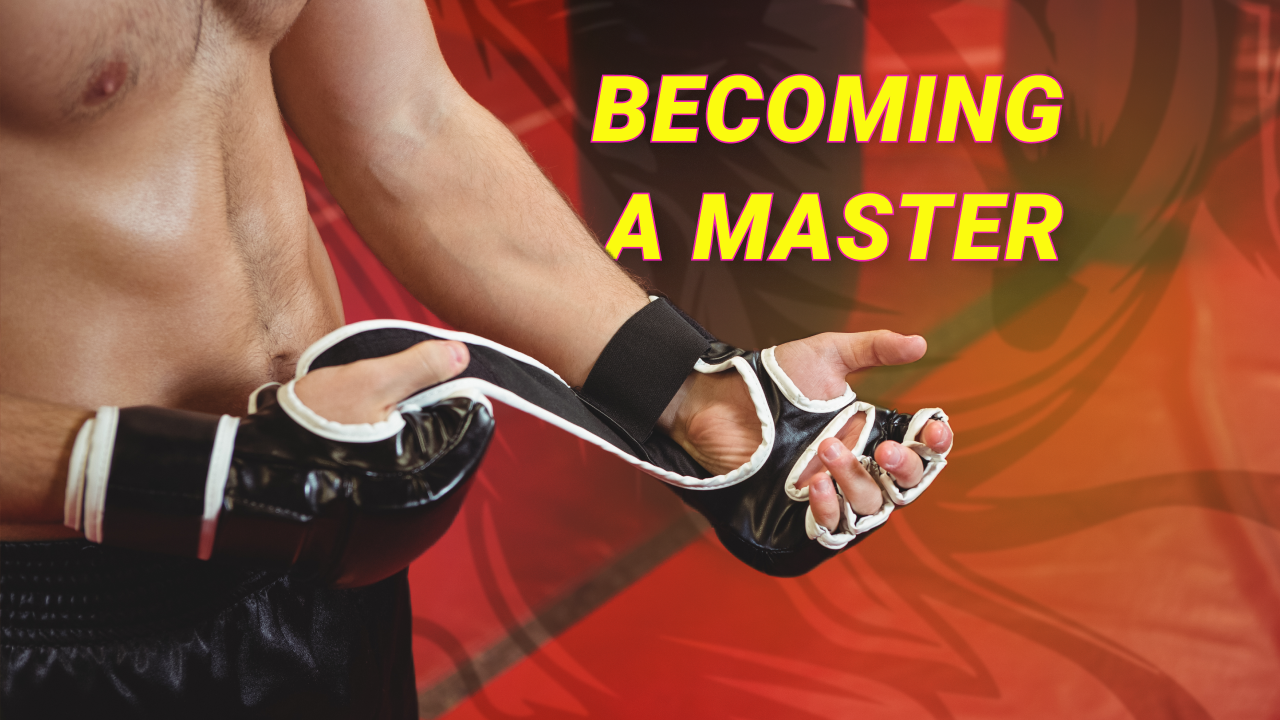Becoming a Master

Mastery doesn’t come easy. It takes discipline and it takes a lot of time. This is true of any skill, whether it’s playing an instrument or putting up drywall. You can’t become a master over a weekend.
For many martial arts, mastery is signified by the black belt. Within jiu-jitsu, obtaining a black belt will typically take a very dedicated person at least ten years.
As Coach Firas Zahabi of Tristar Gym in Montreal explains, this is not something that just happens. As he says in the video below, consistency is just one ingredient in any recipe for success, but it does not allow one to attain excellence on its own. It needs to be paired with ambition.
Consistency Creates Expertise
As Coach Firas notes, people can develop expertise in virtually any type of activity. If you use social media, you’ve probably seen video evidence of this. There are people who are experts at stocking watermelons or cooking eggs, and their accounts go viral because of how quickly, efficiently, and consistently they can do their job. This comes as no surprise to people from other cultures, particularly in places like Japan, where the practice of making something as humble as soba noodles is appreciated as a high art by those who do it well.
Their secret, according to Coach Firas, is that “they started off slow, they did it every day, and they didn’t stop.” Consistency is the heartbeat of excellence and there is simply no way for anyone to become an expert at a seemingly mundane task like scooping ice cream or high art like painting without putting in the hours.
The same is true for all martial arts. To become an expert, you need to train consistently for years.
Ambition Wins Championships
There’s a lot of people doing jiu-jitsu every day, and there are a lot of people who are very good. They can hang with the best fighters in your gym, and they do well in tournaments. However, this group of fighters never seems to make it into that upper echelon. As dominant as they may be in smaller competitions, no one thinks they have a shot of winning a major tournament or making it to the UFC.
To get to that level, you need to show up every day, and you need to have ambition. For Coach Firas, ambition is not just a drive to play the long game. It also takes the vision to come to each class with a specific goal in mind and the will to achieve that goal no matter what.
These goals should be straightforward but difficult to attain. Coach Firas gives the following example. Tell yourself that you’re going to pass your partner’s guard in practice. That will be your focus. When you get put in guard, you pass it, get your partner into side control, and then let them go. You then let them put you back in guard, and you pass it again.
As Coach Firas says, you give yourself a set number of times that you are going to pass guard during practice, and you hit that quota. That means putting yourself in harm’s way, giving up control when you don’t need to, and focusing just on passing guard.
Alternatively, if your goal is to get good at a specific type of striking, say counterpunching, your goal then might be to throw four counterpunches each round with your sparring partner. What does this do? First, it allows you to practice a technique in a realistic scenario. Second, it will force you to change your style because you’ll be on the lookout for counterpunch opportunities. Third, it will change how you strategize because you’ll try to set up more opportunities where you can throw a counterpunch.
From a defensive standpoint, your goal could be to prevent the guard pass. When your partner inevitably passes your guard, approach your instructor afterwards and explain the situation. Ideally, they’ll be able to give you some drills that can help you shore up your defensive abilities or some videos that can help you come up with strategies that make your defense against that specific move better.
This training technique also forces you out of your comfort zone. It pushes you to think differently and to adjust your perspective in ways that can open you up to new ideas and strategies. More than just closing gaps in your game, it makes you a more well-rounded fighter, gives you an arsenal of different tactics in any given situation rather than just your favorite one or two, and will keep your opponent from ever being able to anticipate your next move.

